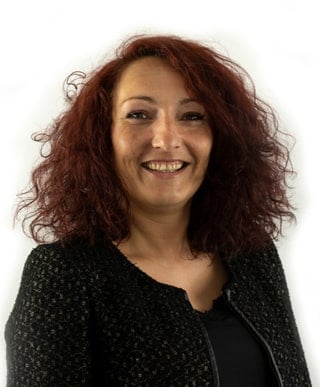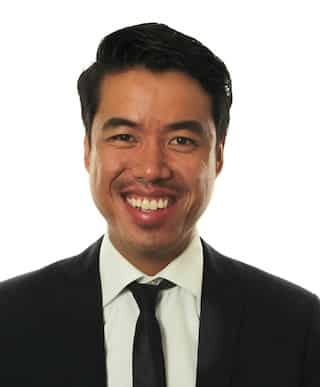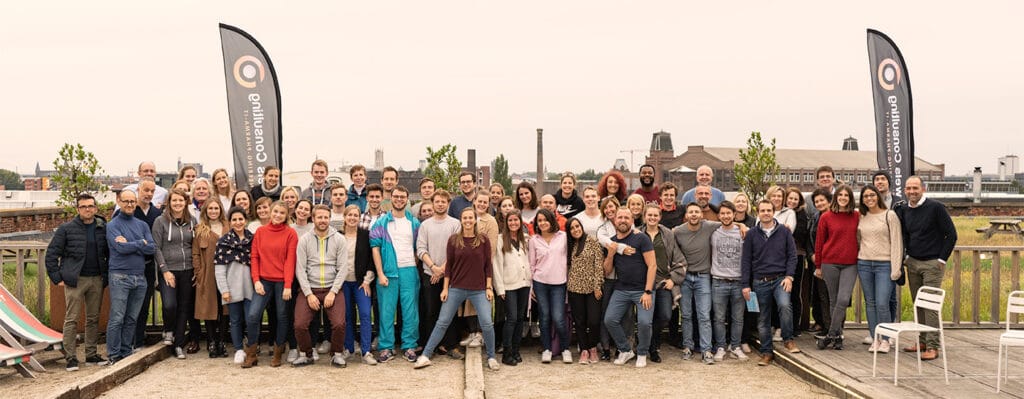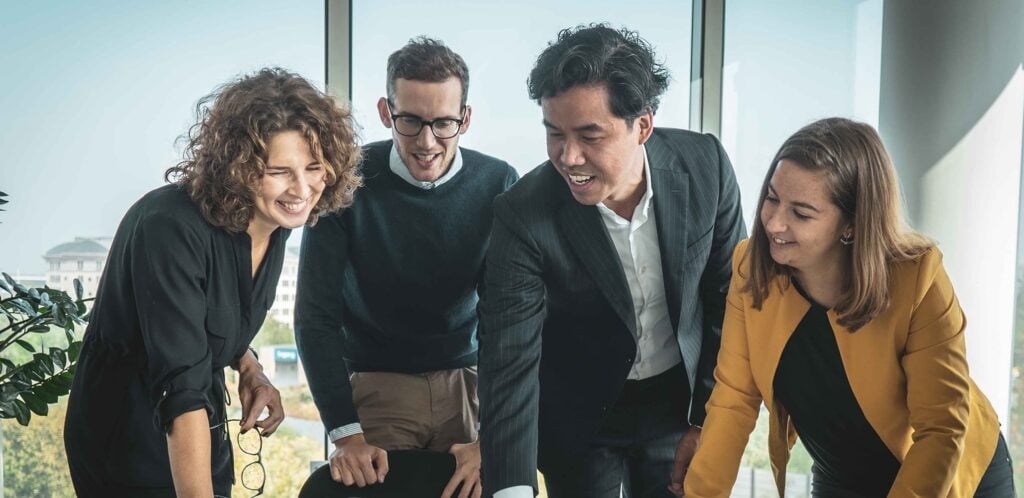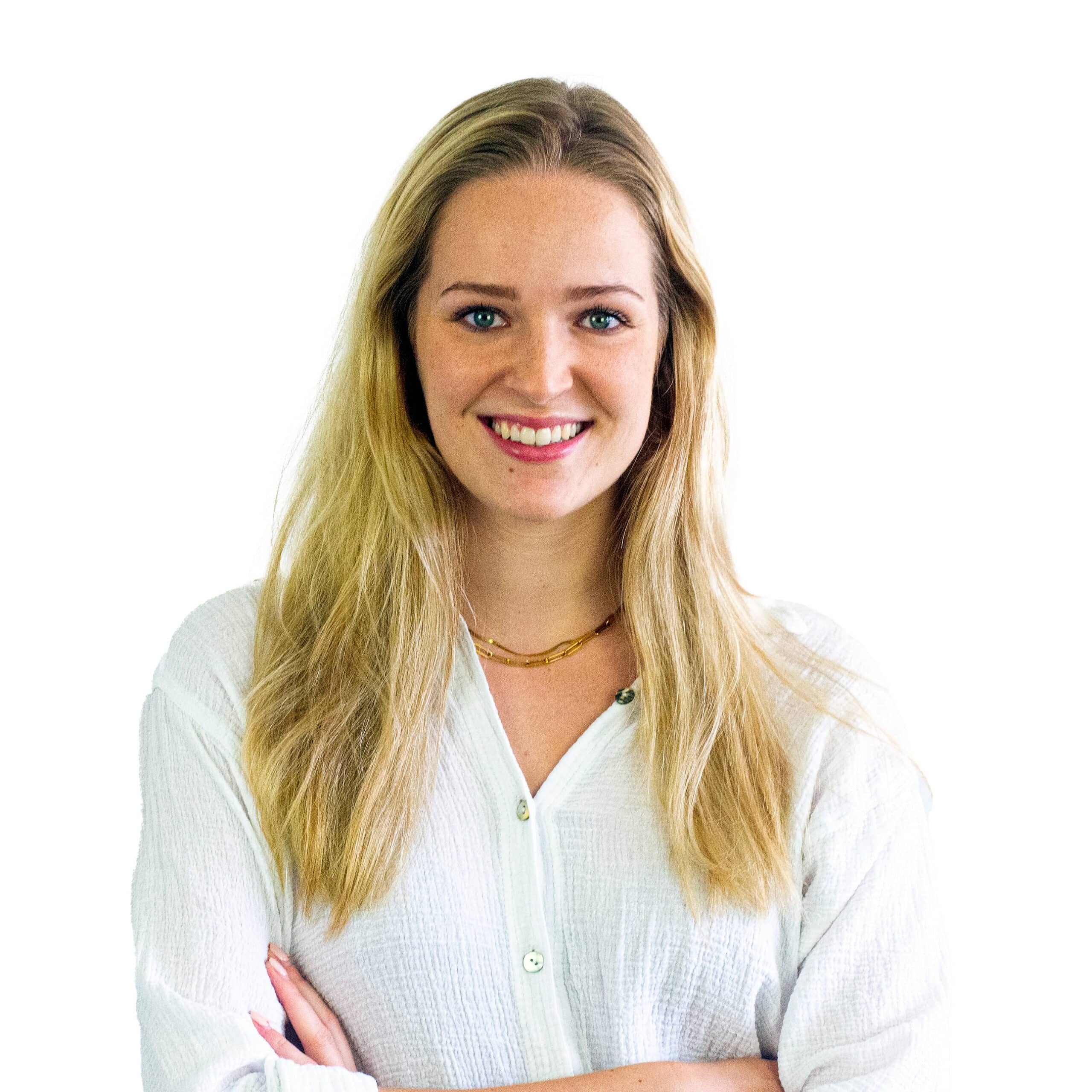Pauwels people
From Site Inspector to Project Manager – Danny Germanus
In our series 'Pauwels people' we talk with our consultants about life as a consultant, working for Pauwels Consulting and our clients. Today, we talk to Danny Germanus, Project Manager at Omexom Hochspannung GmbH in Germany. Danny is a passionate engineer with a lot of experience at home and abroad!
Danny, can you tell us a bit about yourself?
Hi, I’m Danny Germanus, Project Manager at Pauwels Consulting. After my education in electricity & mathematics, I worked as a site manager for an installer of electrical installations for six years. This installer was specialized in placing lighting for large lighting projects. Later on, I worked as a project site manager for the same installer. At the time, I mainly worked on the biggest lighting projects where we installed medium voltage cabins to provide SME’s with a power supply and a general low voltage board.
Have you always worked for the same company?
No, in between these functions, I worked for another company for about 5 years as a technical service manager, responsible for the technical department. I was in charge of the preventive maintenance of all machines to avoid any production halts. Just before I joined Pauwels Consulting, I also took on a job as project manager for an installation company.
When and where did you come into contact with Pauwels Consulting?
I have been working for Pauwels Consulting since January 2011. A recruitment consultant contacted me about a vacancy as site manager at TUC Rail for the railway project 25N, also known as the ‘Diabolo project’. They wanted to build a direct train connection between Mechelen and Brussels Airport.
When I started the project, I had no experience in the railway industry. So, I insisted on starting as a site supervisor, rather than as a site manager. This allowed me to gain experience with the way of working and the procedures within the railway industry. My experience as a project manager truly helped me a lot.
Can you tell us a bit more about the Diabolo project?

After 8 months you got promoted from site supervisor to site manager and construction manager. That is quite a progression!
Indeed, after 8 months as a site supervisor, I was appointed as a replacement site manager. Later on, due to unforeseen circumstances during the Diabolo project, the construction manager couldn’t carry out his function anymore. So, I took on his responsibilities as well. I must say, I learned a lot during this project! For example, as a site supervisor I not only had to supervise the yard, but I was also in charge of all the work carried out by our contractors.
I also learned some valuable lessons as a construction manager. When I had just started, the Diabolo project was in the homologation phase. Additional tests and measurements on the catenaries were needed to finish the railway connection and put it into operation. I also got the opportunity to work on this, which was fantastic!
What do you like about these kinds of projects?
The client mostly takes an organization approach. A project is started, executed and finished. Most assignments lead to new projects and this offers growth opportunities.
So, there is plenty of perspective for the future. Collaboration with colleagues is mostly very good, you can always ask anyone for information.
Where did you start working after the Diabolo project?
In May 2012, I started as a site manager on the project that provides the new connection between the left and right banks in the port of Antwerp. This connection is now known as the ‘Liefkenshoek railway link’. Normally, this assignment would’ve lasted until 2016.
However, my employer was very urgently looking for an overhead line construction manager for the new line 50E, Brussels – Ghent. So, I took on the challenge of working as a High Voltage consultant on the GEN project between Anderlecht & Ternat. After this, a new world opened its doors for me, not high voltage as I had always known it, but the ‘real deal’: high voltage lines of 70, 150 and 380 kV.
I applied for a job at Omexom Belgium and was soon able to start as a site manager. As a result of my good language skills, I was seconded by Omexom Belgium to Omexom Hochspannung GmbH, Germany. They were assigned an important project in Belgium and I was given the opportunity to work as a site manager on the construction of a new compact 380 kV line. This was primarily for mast construction with French & Italian speaking colleagues. Later on, for the installation of conductors, I collaborated with German colleagues.
What convinced you to take the plunge into Germany?

Because secondment via Omexom Belgium to Germany proved itself quite difficult at the time, I chose to contact Jan Fyens, Business Unit Director Engineering at Pauwels Consulting. We had kept in touch all those years, so I checked if it could be a possibility via Pauwels Consulting. With the help of Jan & Bernd, Talent Manager, I could soon start my German adventure!
Are you -to date- satisfied with your German experience?
Definitely, I’ve been a Project Manager for a little over a year now and although it’s not always easy as an outsider to integrate yourself into the world of the ‘Lignards’ (high voltage cable works), I have a very positive feeling. I am looking forward to the period to come!
If you could sum up your Pauwels Consulting career in 3 words, which would it be?
I could summarize my total career at Pauwels Consulting with the words team spirit, dynamic and competence. At the moment, I can express my current feeling as ‘back home’.
Do you have any tips for future colleagues?
At every step in my career, I could count on a good collaboration with colleagues. Mutual respect and open, clear & transparent communication are important assets or skills. Not everyone is equally accessible to new colleagues.
I find it important that as a starting consultant, you show sufficient respect for the team you work for. This way, you can obtain a clear exchange of information. It works smoother, more constructive and above all, more pleasant!
What ambitions do you hold for the future?
Initially, I still wanted to do something within the offshore industry, for example working on a drilling platform or with wind energy but I think I’ll stay put for the time being. I have familiarized myself very well with this Lignard world and I quite like it ?!

